When artists and designers attempt to reconsider such conventional domestic objects as tableware, the result is a bizarre mutation that contains common elements of cutlery and crockery, while the function is no longer obvious. Defying usability, this tabelware encourages the viewer to use their imagination to the full.
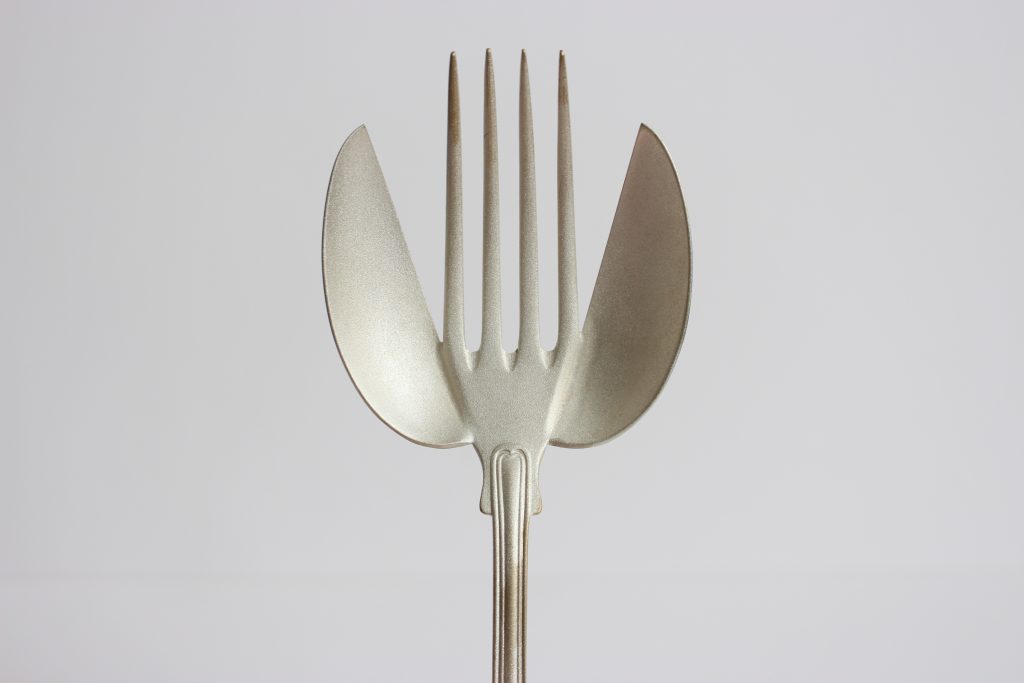
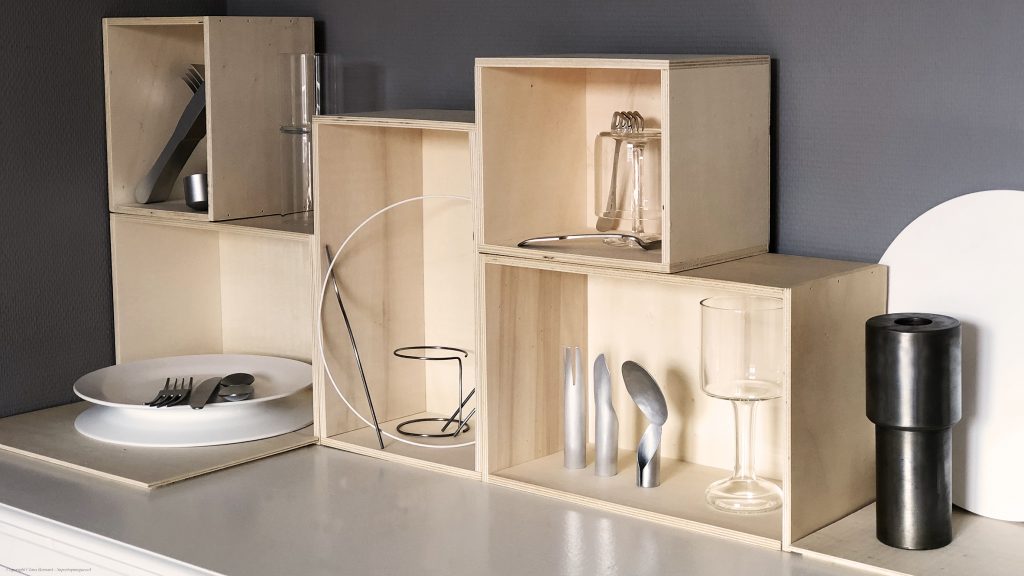
The Rhetorical Dinner by Supertopmegacool
The Rhetorical Dinner by Supertopmegacool, a design studio based in Barcelona, London and Paris, is a conceptual project that comprises a collection of tableware with exaggerated, playful and unusable forms.
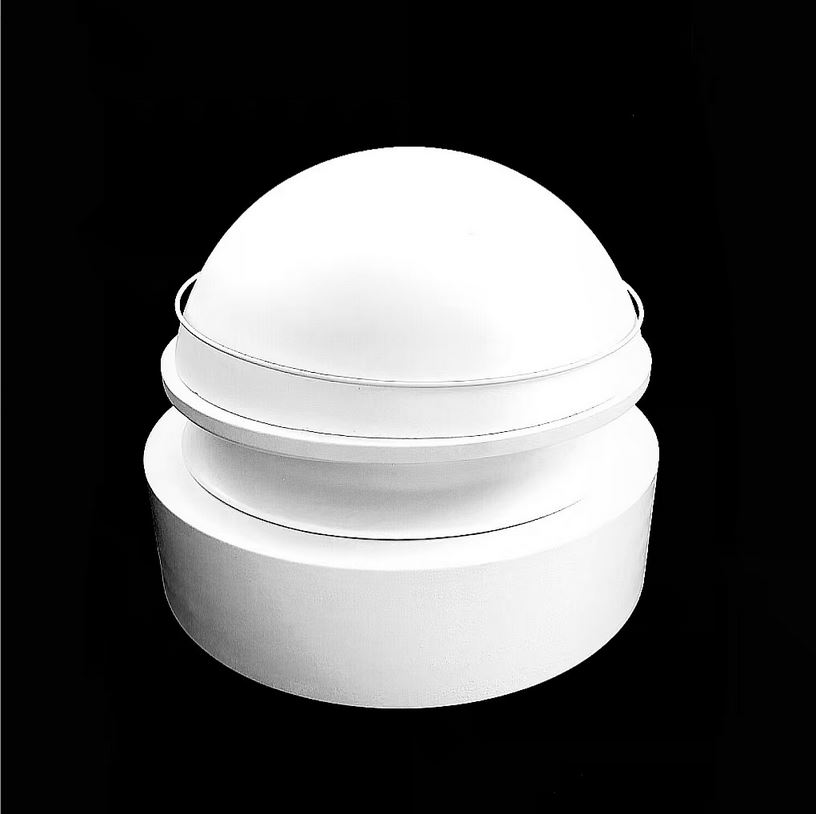
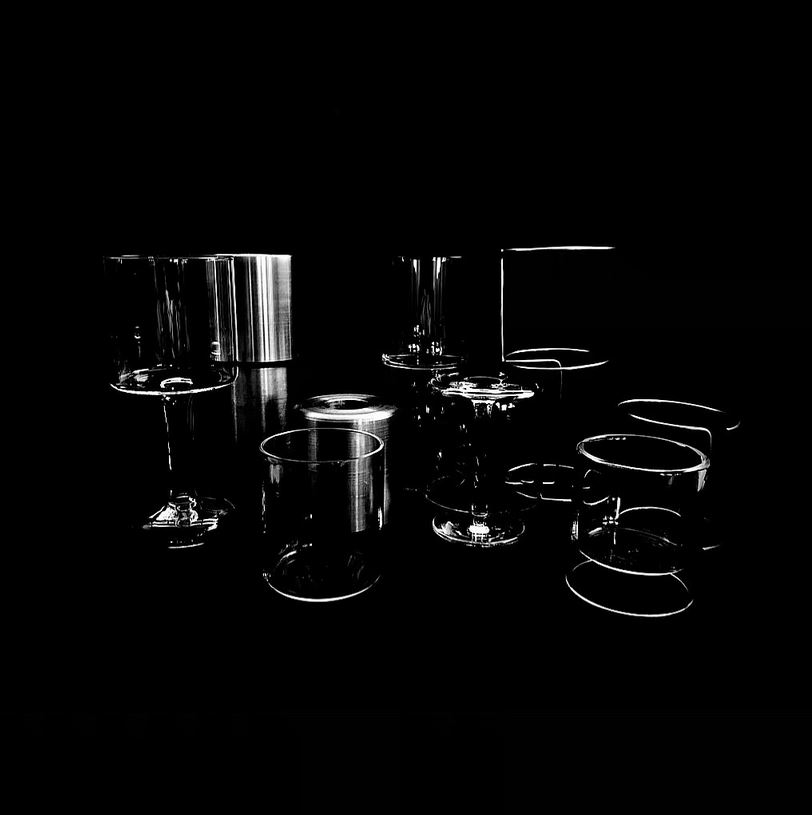
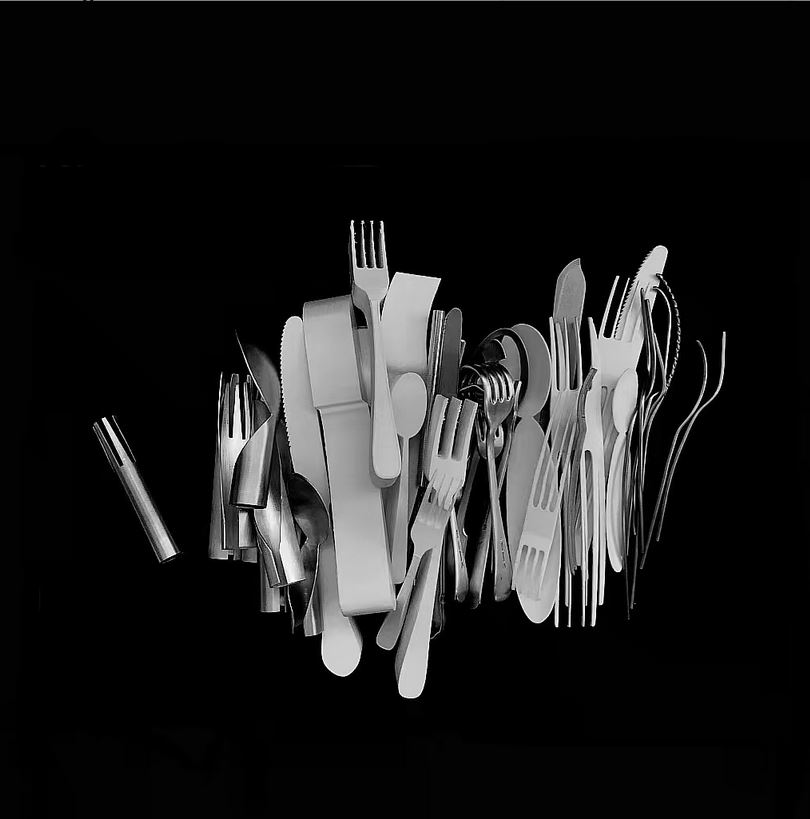
The Rhetorical Dinner by Supertopmegacool
Intended as “rhetorical devices”, the pieces invite the viewer to reconsider the value of the object and its rhetoric in what the designers call “a disturbing dinner”.
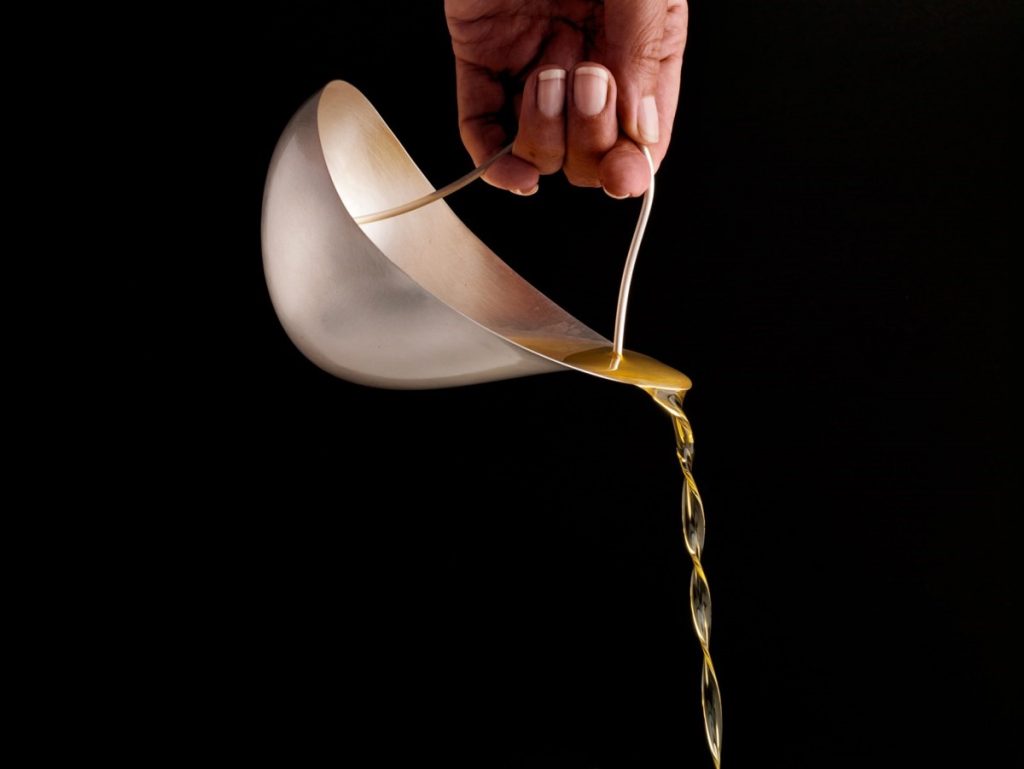
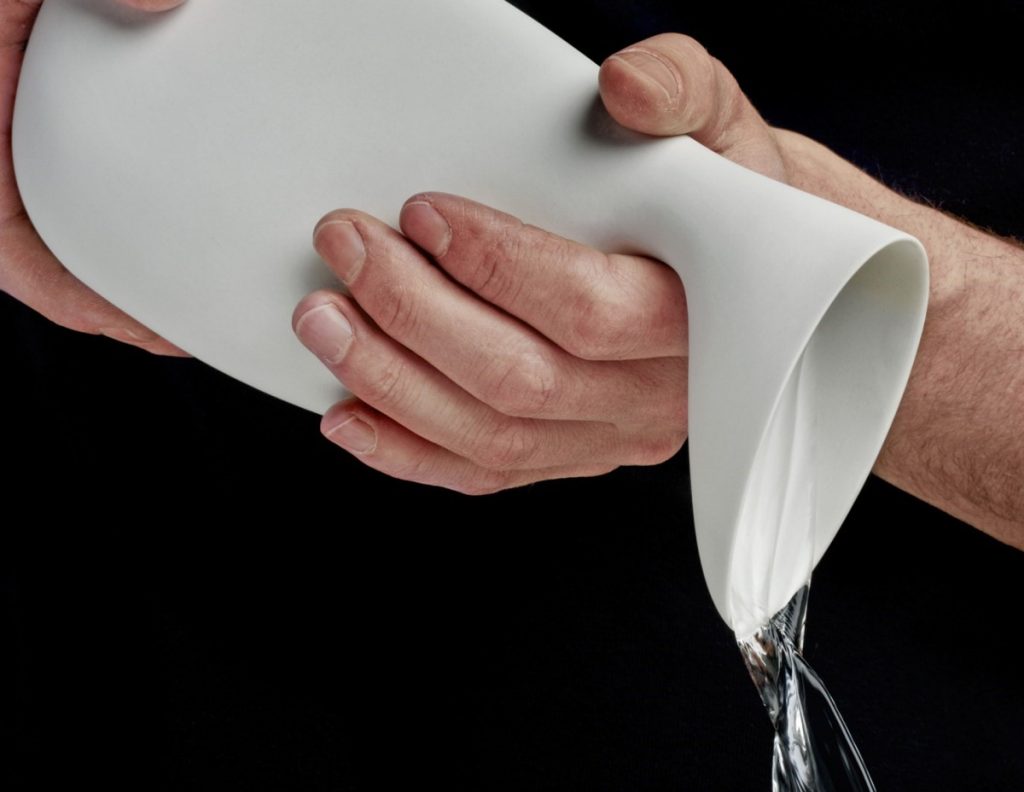
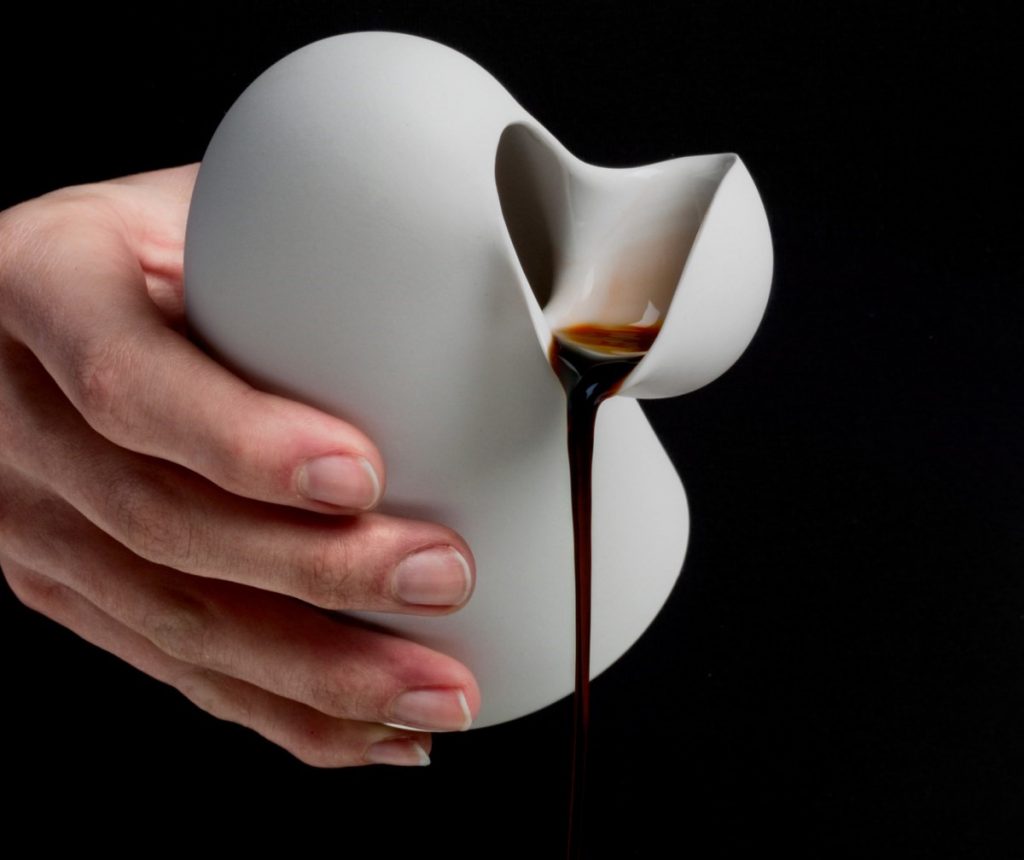
Tableware by Aldo Bakker
For the Dutch designer Aldo Bakker, the object’s function comes only second to its form. That is why his intriguingly-shaped oil platters, soy sauce pourers or vinegar flasks may seem a bit awkward or difficult to maneuver.
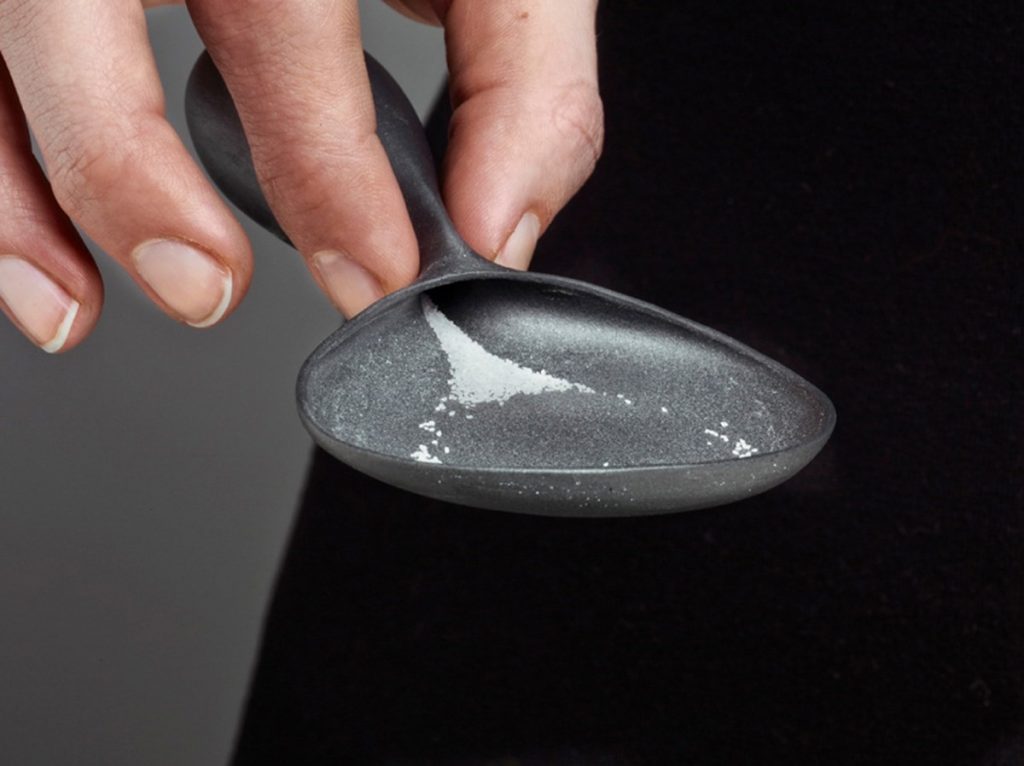
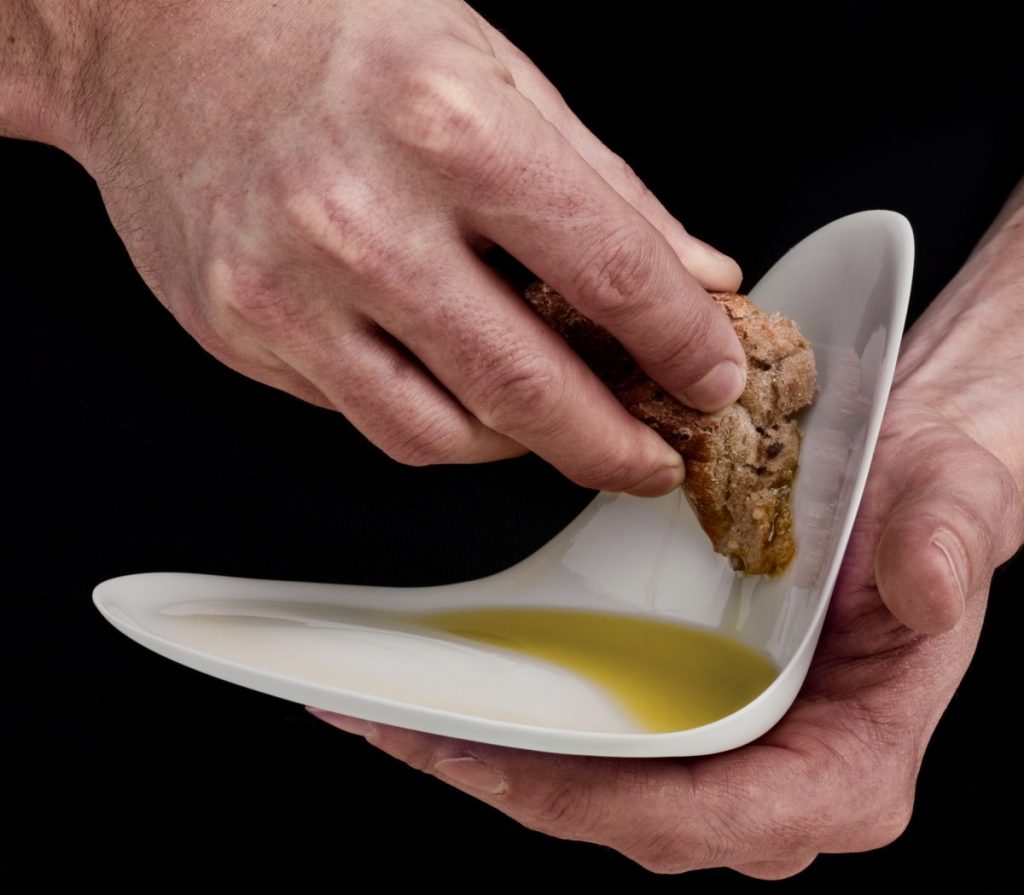
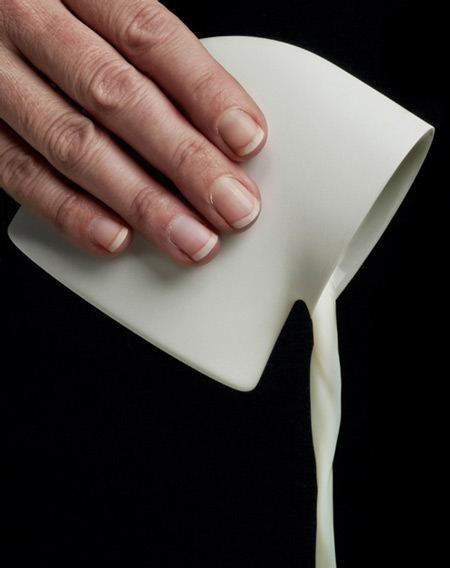
Tableware by Aldo Bakker
The designer challenges the user to handle his ceramic, porcelain and silver tableware in an entirely different manner, which is his way to unveil their beauty. At the end of the day the pieces actually fulfill their purpose.
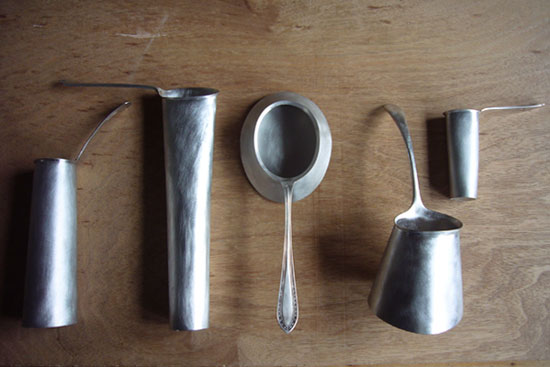
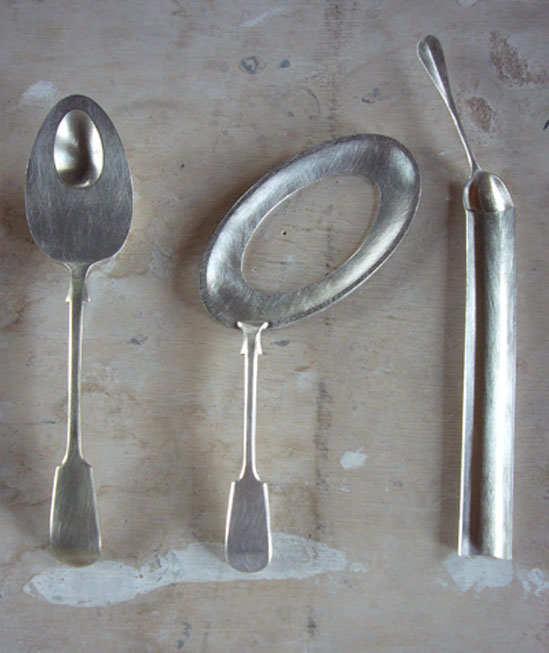
Unusable Tableware by David Clarke
That is definitely not the case with the utensils created by the British silversmith David Clarke. Aptly named Unusable Tableware, the pieces are made from electro plated nickel, silver and pewter, with exaggerated forms or unexpected flourishes.
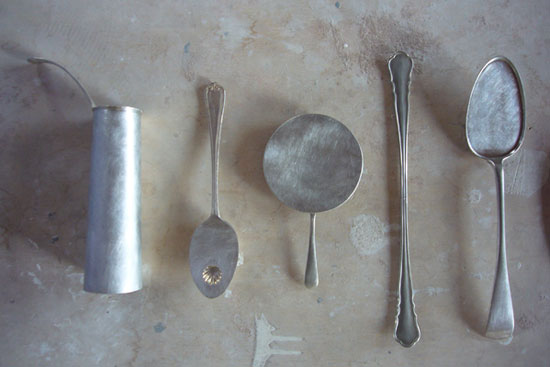
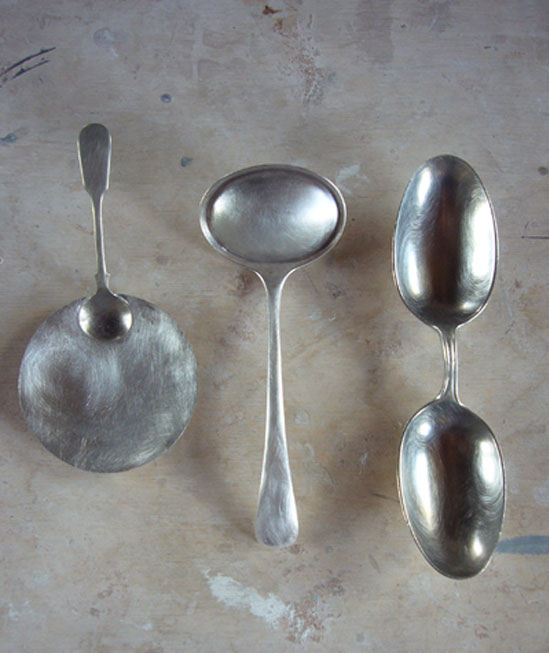
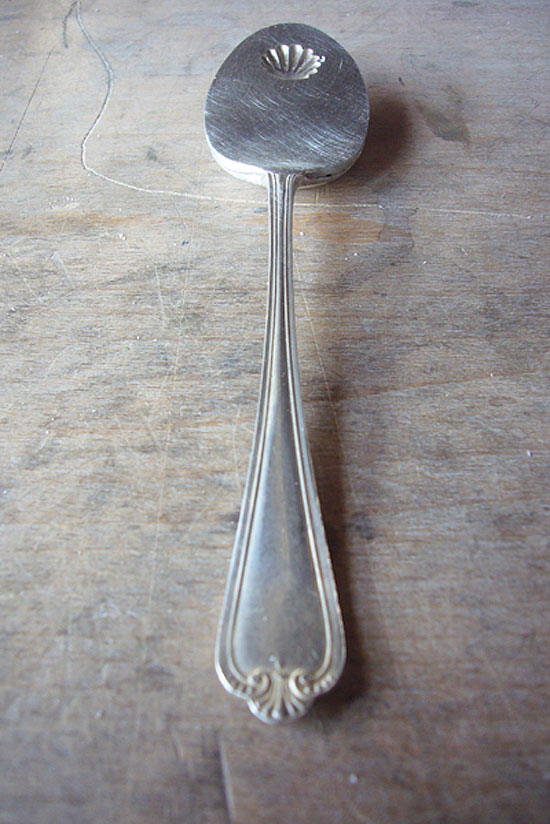
Unusable Tableware by David Clarke
Clarke’s work challenges conventional domestic objects, his aesthetic relating to the subversive nature in which he responds to the traditions of his craft, often result in surprising outcomes. It encourages the viewer to reconsider preconceptions about their relationship with tableware.
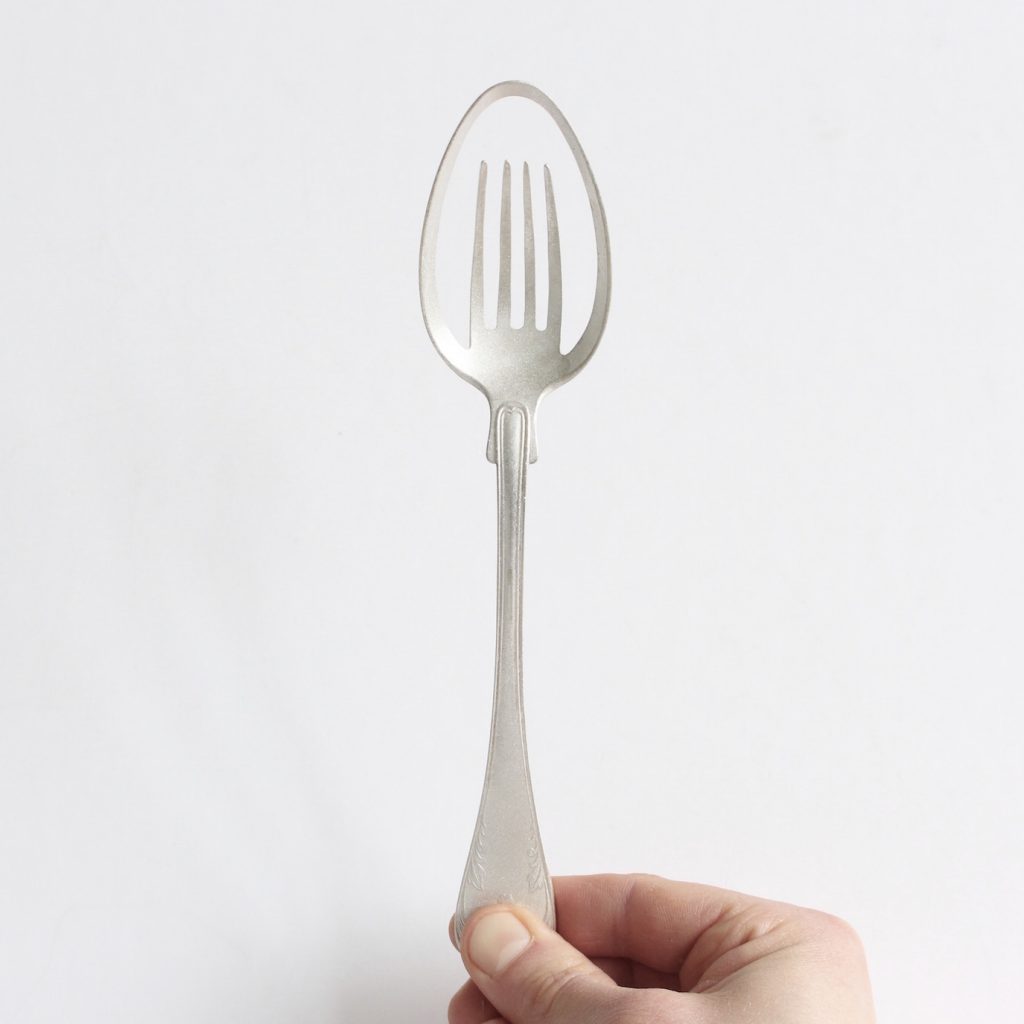
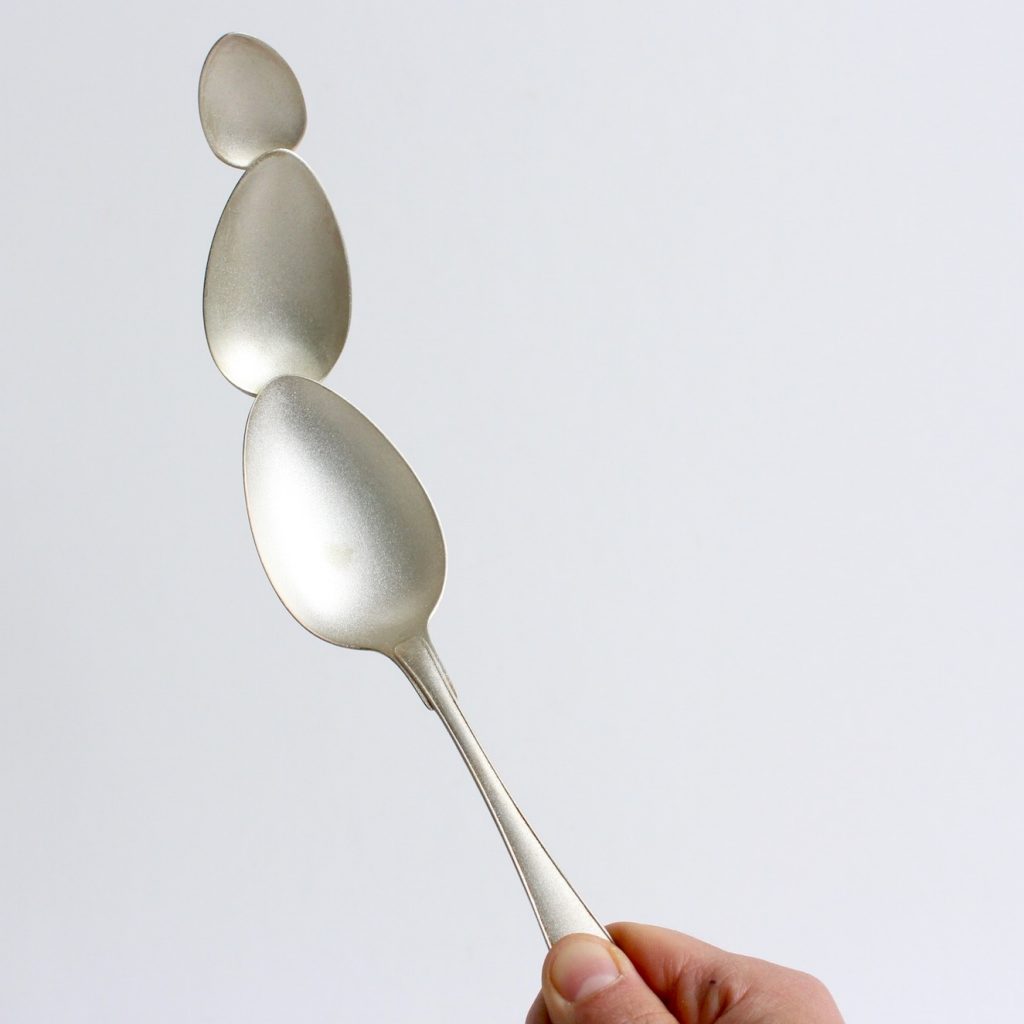
Cutlery for Steinbeisser’s Experimental Gastronomy (also header image)
A similar approach is used by Steinbeisser’s Experimental Gastronomy initiative based in Amsterdam and active around the world. Founded by Jouw Wijnsma and Martin Kullik, the project brings together renowned chefs and artists for a one-of-a-kind culinary experience.
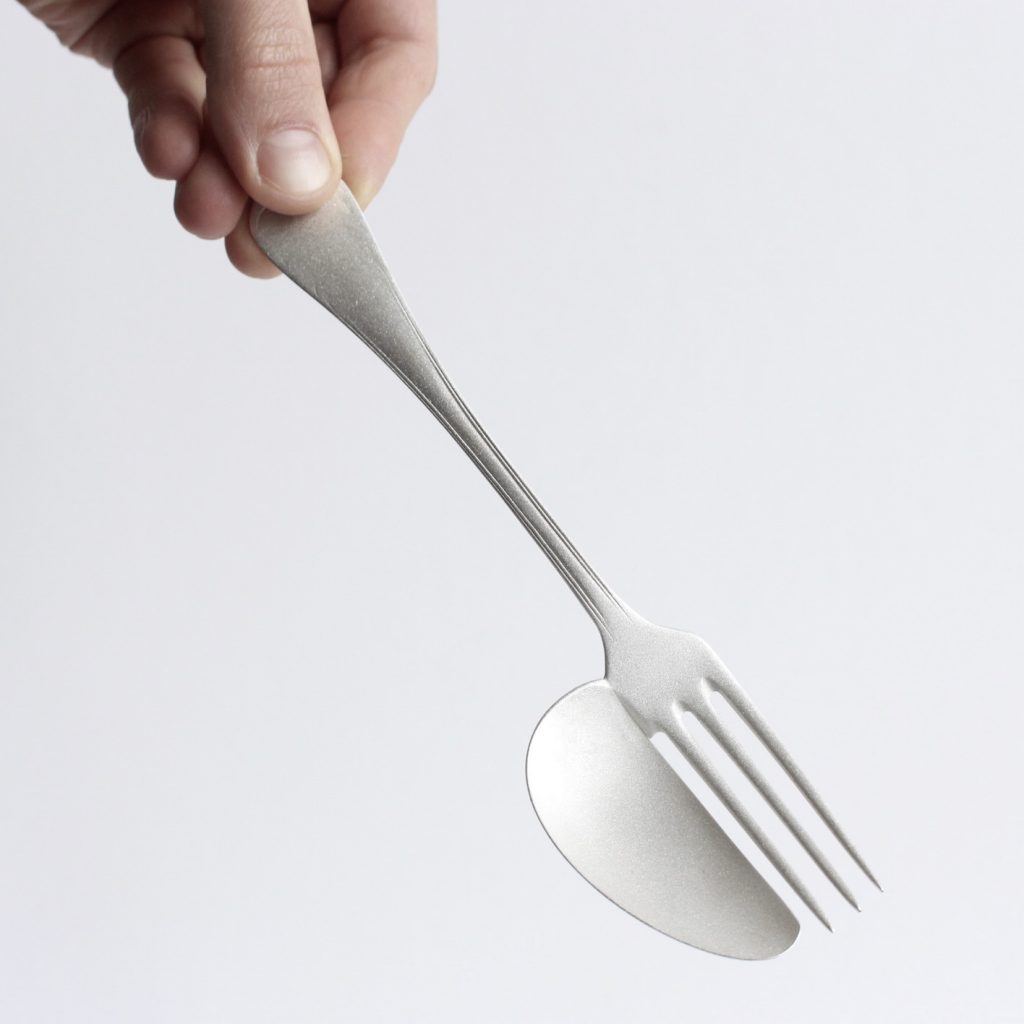
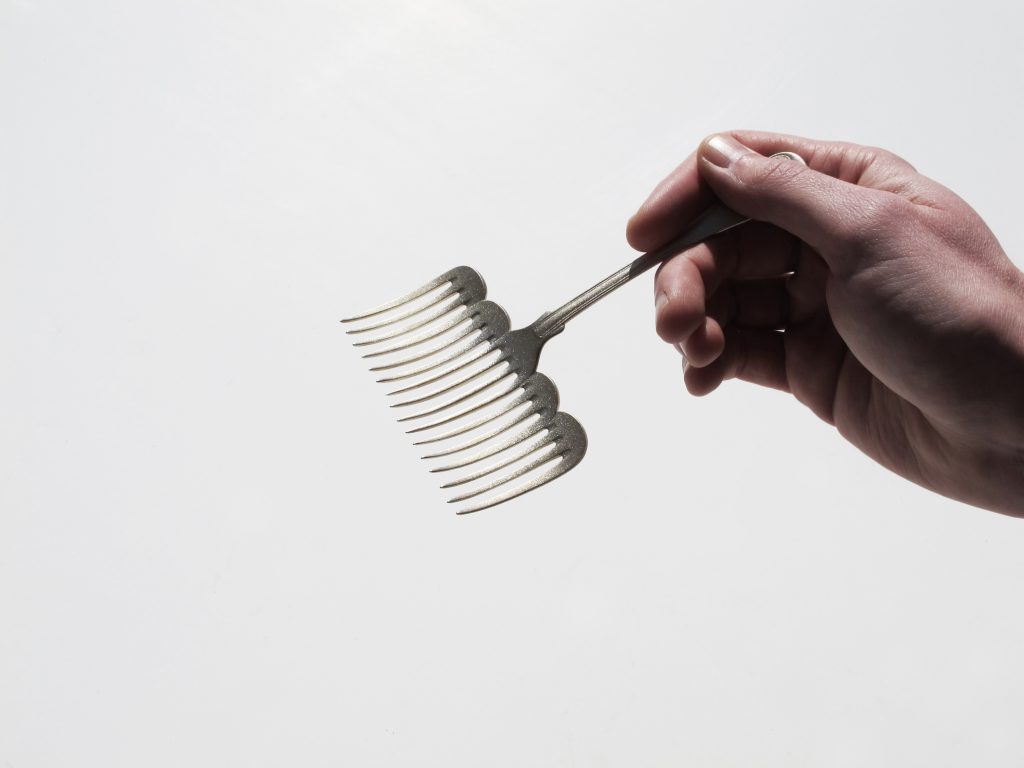
Cutlery for Steinbeisser’s Experimental Gastronomy
Artists create cutlery and tableware that celebrates experimentation and the search for new ways to enjoy food. Driven by a search for new ways to enjoy food, these pieces don’t follow the normal rules of usability. The works invite the user to find out different perspectives, whilst becoming a part of the creation.
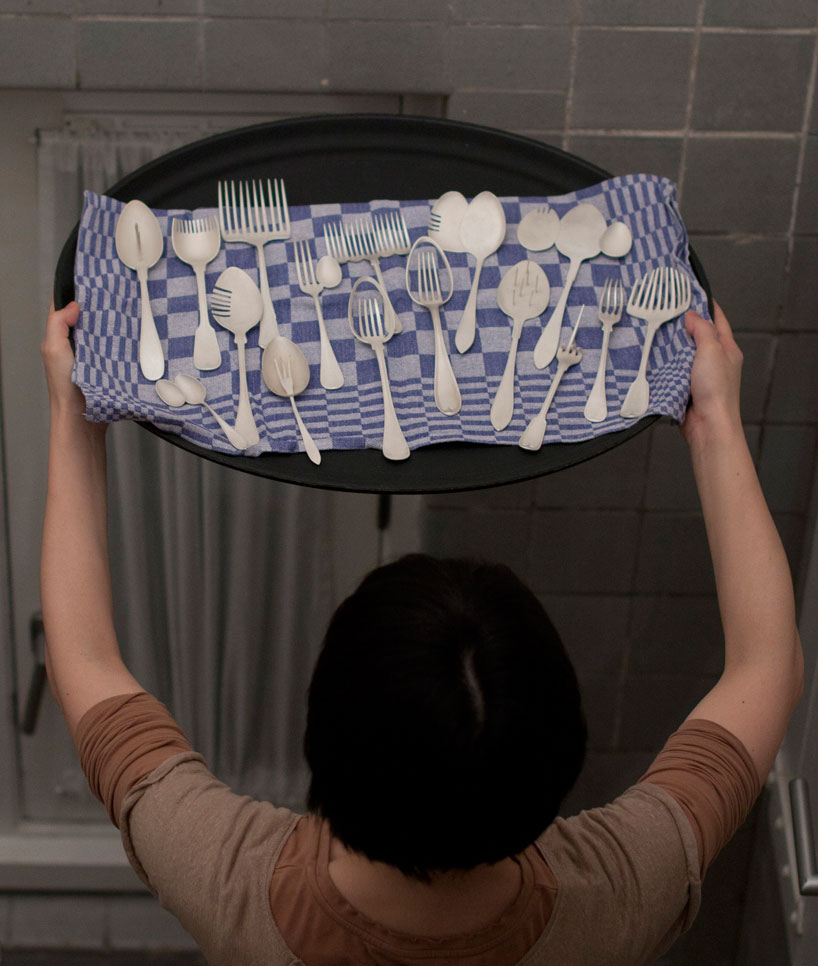
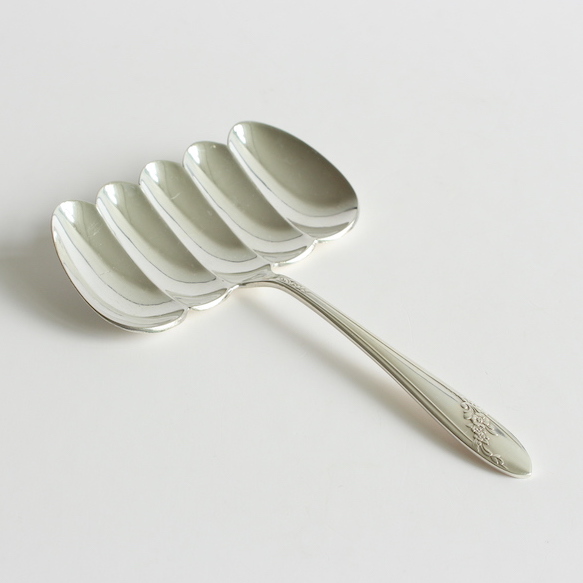
Cutlery for Steinbeisser’s Experimental Gastronomy
Not only the pieces can be loved for their thought-provoking function and beauty but also for their sustainability. All pieces are crafted from natural locally sourced materials, such as wood, calabash, stone, metal, clay and glass, most of which are found, recycled and/or reused. Even the smaller parts of the pieces such as glue, paint and glazing, are organic and biodegradable.
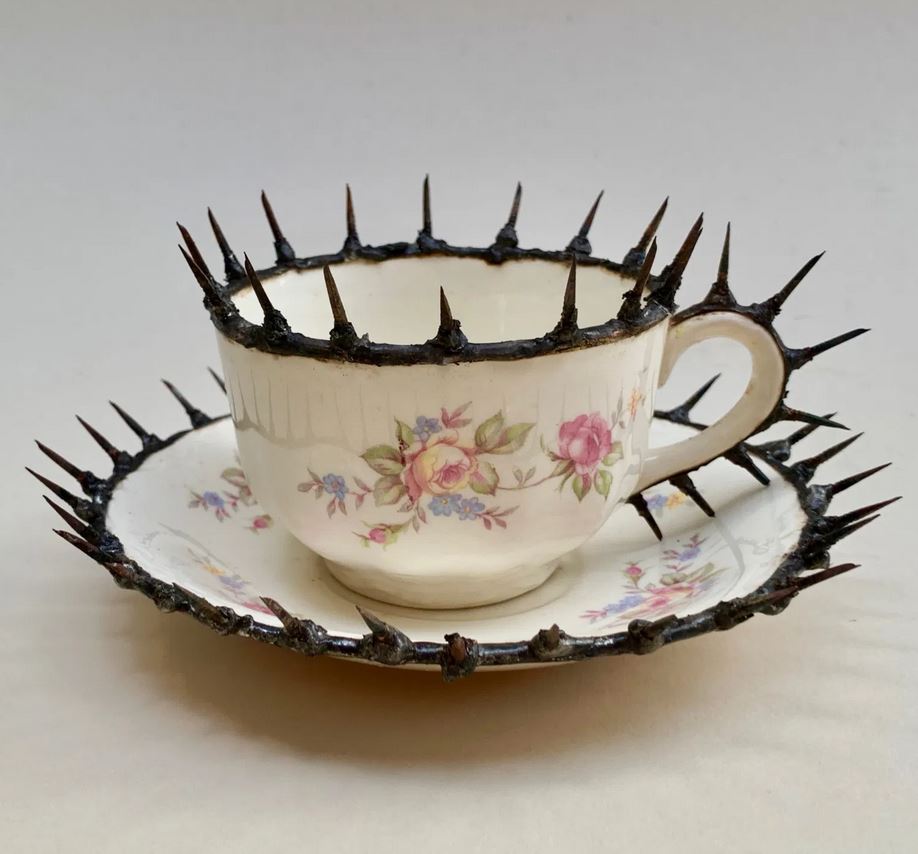
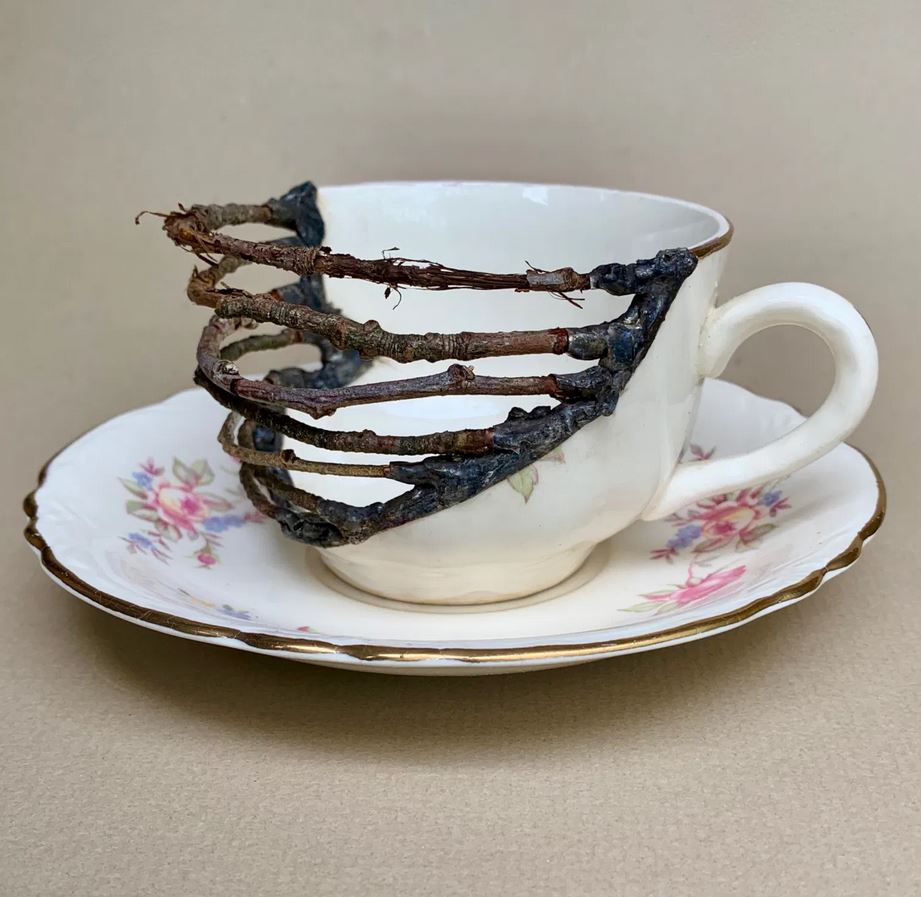
Tableware artworks by Glen Taylor
Artist Glen Taylor originally worked with pottery but found it limiting until he started breaking his ceramics into pieces. Today, inspired by the ancient art of Kintsugi, he solders ridges of metal to porcelain fragments, completing a halved teacup or broken saucer with a range of unusual materials: barbed wire, tarnished silverware, old book pages, and multicolored twine form a portion of the household objects.
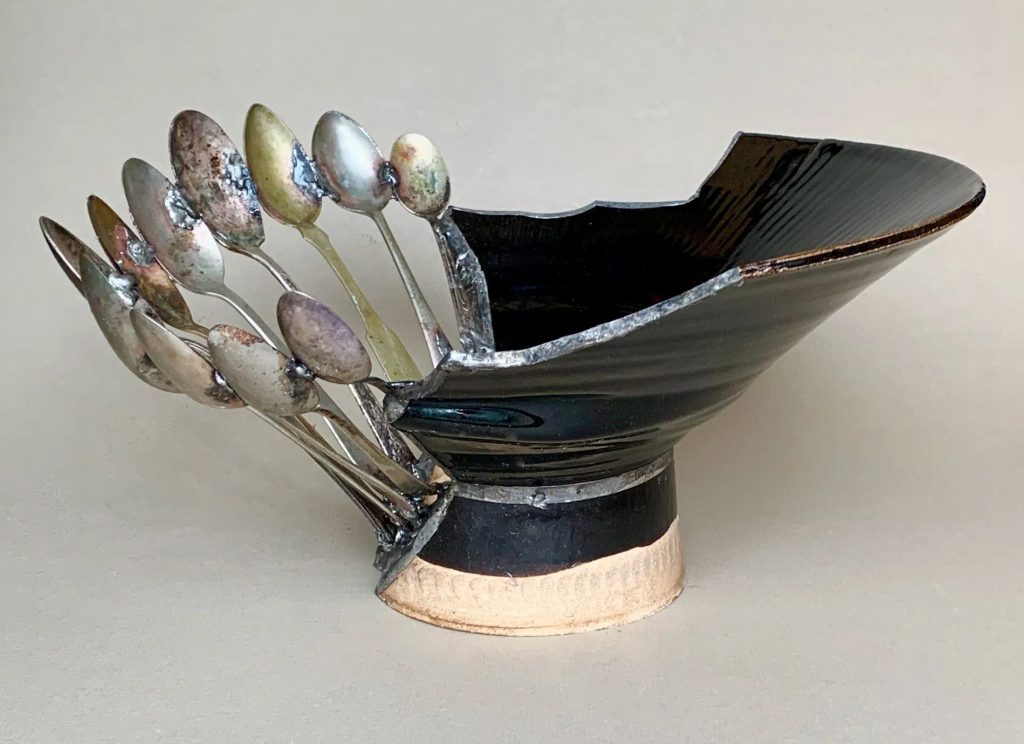
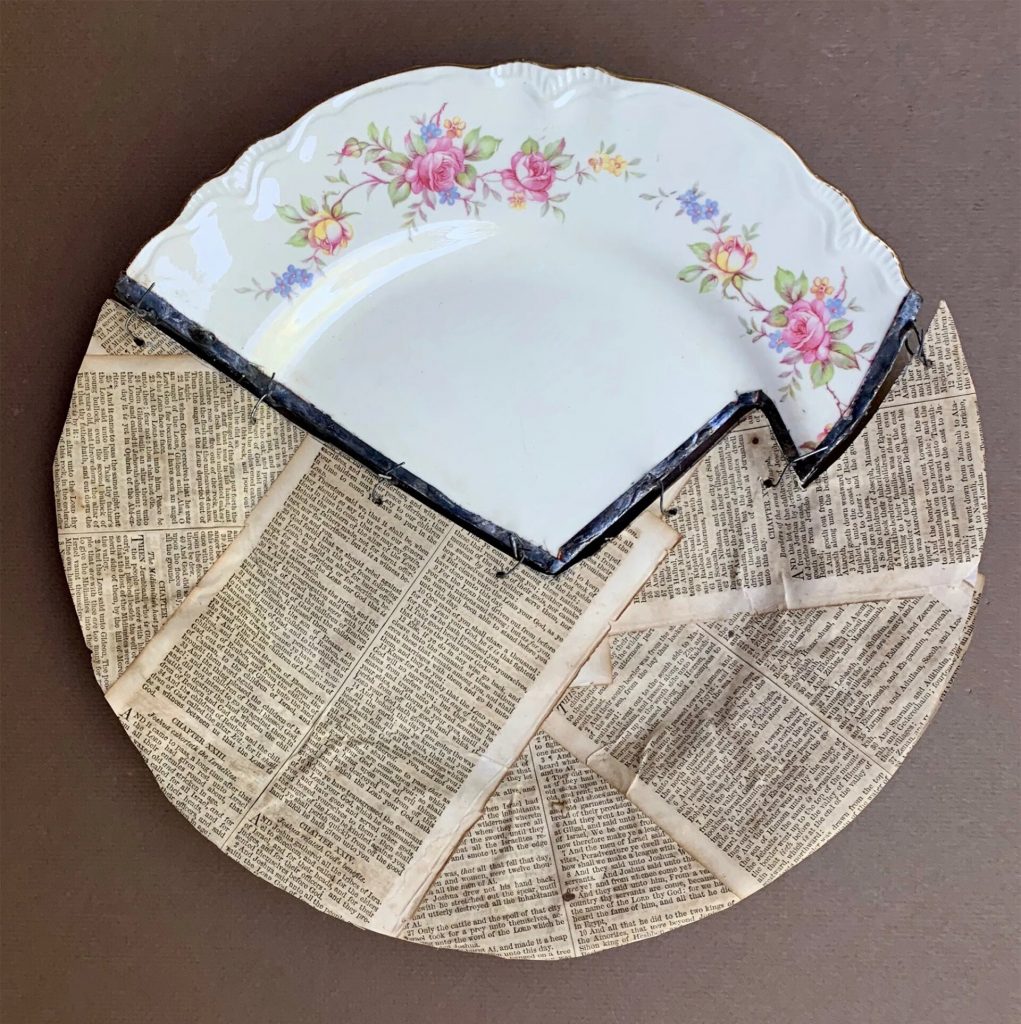
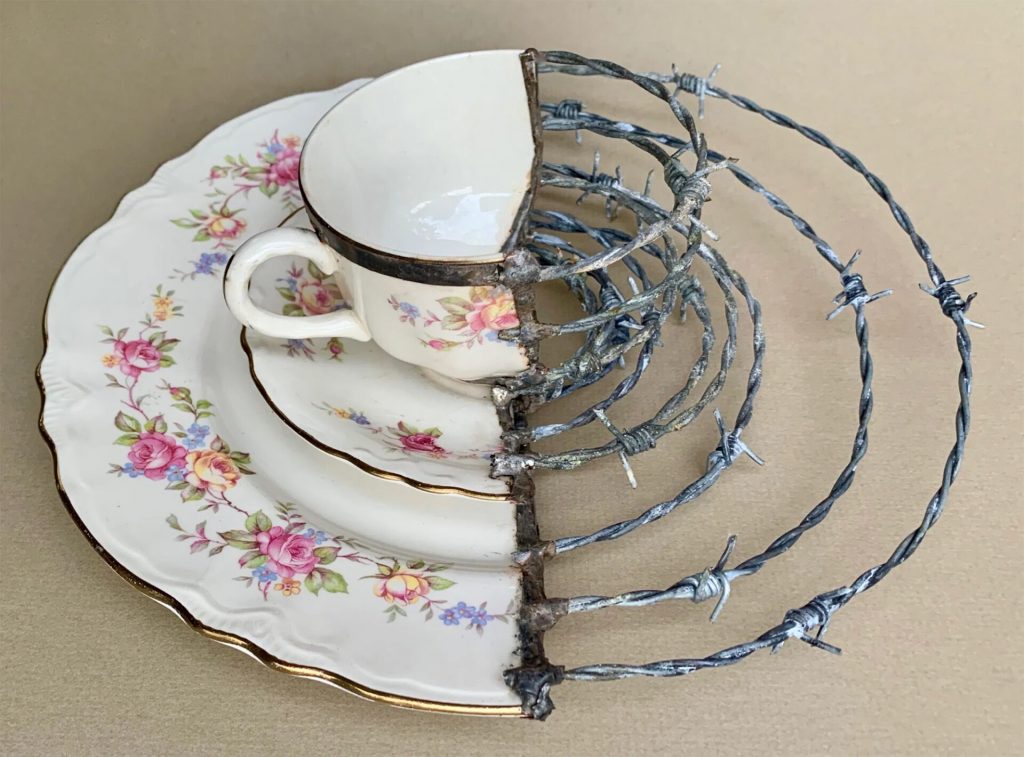
Tableware artworks by Glen Taylor
Each intervention contrasts the pristine, delicate qualities of the porcelain with the visible rust, unwieldy strings, and patchwork metals. While spurring an emotional response or nostalgia for his childhood, for the artist, the pieces are also symbolic of imperfection.